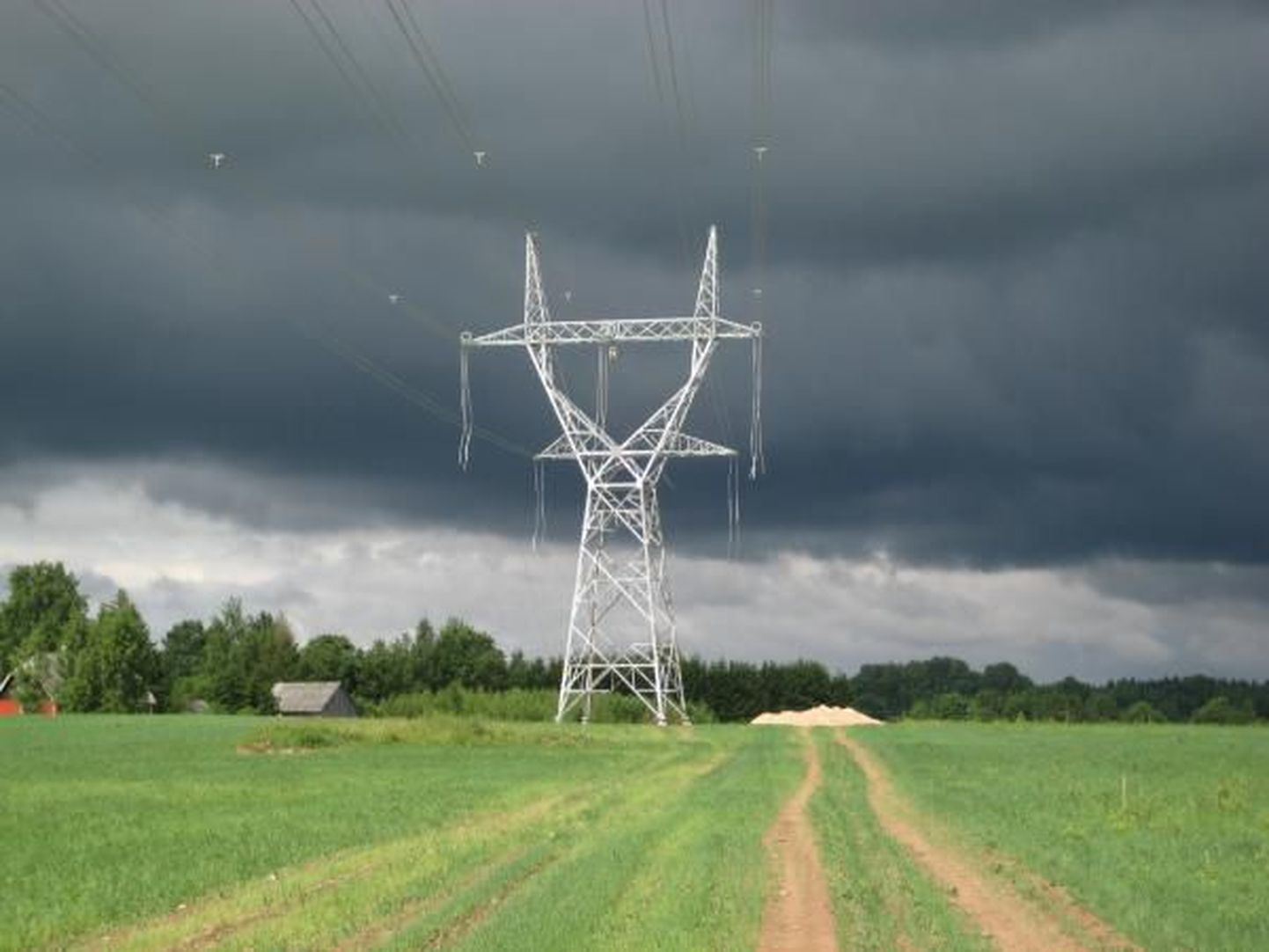«If such restrictions are imposed, Latvia will definitely claim from Estonia compensation for all losses that this decision might have caused to consumers in Latvia,» Urpena added.
The Latvian Economics Ministry suggested that, instead of throwing political reproaches at other BEMIP countries, Estonia should rather be encouraging cooperation between power transmission operators to find solutions to ensure sufficient interconnection capacities and effective functioning of the electricity market.
Spokespeople for the Lithuanian Ministry of Energy told BNS that Lithuania was not going to comment on this subject before the meeting of Baltic countries' energy companies on Friday.
The Estonian daily Postimees reported on Wednesday that Estonian Minister for Economic Affairs and Communications Juhan Parts sent a sharp-toned letter to his Latvian and Lithuanian colleagues reproaching them for not opening their electricity markets in a way it was agreed beforehand.
Parts added that Estonia will set limits to electricity traffic on the Latvian border by means of the power exchange if Latvia and Lithuania do not take steps towards liberalization of the electricity market.
The reason for the minister's ire is the price explosion on the power exchange that took place in the summer when the cost of electricity was 104 euros per megawatt-hour. This is three times higher than the electricity price for residential customers a year ago.

